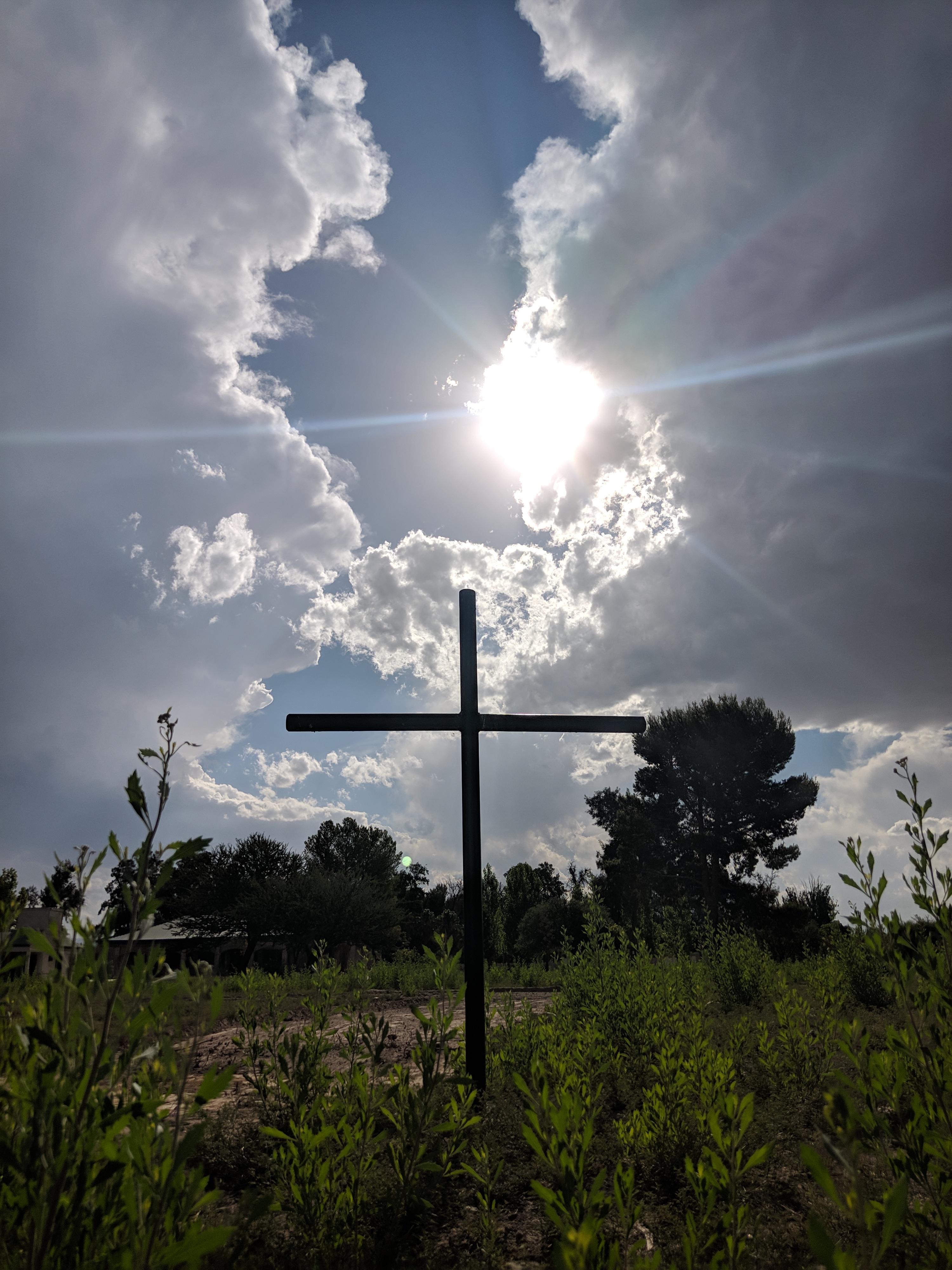“With many such parables he spoke the word to them as they were able to understand it. Without parables he did not speak to them, but to his own disciples he explained everything in private” (Mark 4:33-34).
When I read these words from today’s Gospel, I found myself wishing I were one of the disciples, sitting at the feet of Jesus as he explained his parables. I often wish God would explain his mysterious ways to me!
For example, do you ever wonder why God chose (and chooses) such flawed instruments through whom to work? In today’s First Reading we learn that the great King David was an adulterer—and worse, a murderer. He spies on a beautiful married woman and has relations with her. When her pregnancy threatens to expose his actions he ends up sending her husband to his death to cover up what he has done. I was struck by David’s attempts to conceal his guilt, trying two times to get Uriah to go home and have relations with Bathsheba so there would be a plausible explanation for her pregnancy.
Have you ever desperately tried to hide or fix something you did wrong? This story reminded me of a time when I was a little girl. I overheard a friend’s mother telling mine that their dog had been hit by a car, but that they were going to tell the children the dog was just lost. The next time I saw my friend, I told her what I had overheard. When she said she was going to go ask her mother I was immediately overcome with fear and remorse and started swearing I made the whole story up. As she left the room I hid under a table. I was terrified of what would happen if she told our mothers what I had said.
Do you remember Adam and Eve cowering behind their fig leaf coverings and hiding from God when he came to walk in the Garden with them in the cool of the day? Of course, there is no hiding from God, and even if David had succeeded in his plot, God still would have known that he was the father of Bathsheba’s baby, just as he knew that David was responsible for Uriah’s death.
Thankfully, we, like David, are more than the sum of our wrongdoings. Today’s reading from Psalm 51 is so comforting with its assurance that God in his mercy really can wipe away our guilt. David repented and today we remember him as not only a great king and warrior but as someone who followed God’s laws. In the story from my childhood, my friend’s mother provided a beautiful example of mirroring the mercy of God. She came and found me where I lay sobbing and held me in her lap and told me it was okay, that she should have told the truth in the first place.
So today, if you long for God’s mercy, imagine yourself like a child in a parent’s lap, begging for forgiveness and knowing that Scripture promises that it is available to you.
 Leslie Sholly is a Catholic, Southern wife and mother of five, living in her hometown, Knoxville, Tennessee. She graduated from Georgetown University with an English major and Theology minor. She blogs at Life in Every Limb, where for 11 years she has covered all kinds of topics, more recently focusing on the intersection of faith, politics, and social justice.
Leslie Sholly is a Catholic, Southern wife and mother of five, living in her hometown, Knoxville, Tennessee. She graduated from Georgetown University with an English major and Theology minor. She blogs at Life in Every Limb, where for 11 years she has covered all kinds of topics, more recently focusing on the intersection of faith, politics, and social justice.
Feature Image Credit: Caleb Jones, https://unsplash.com/photos/rpPvrOQmR2s


